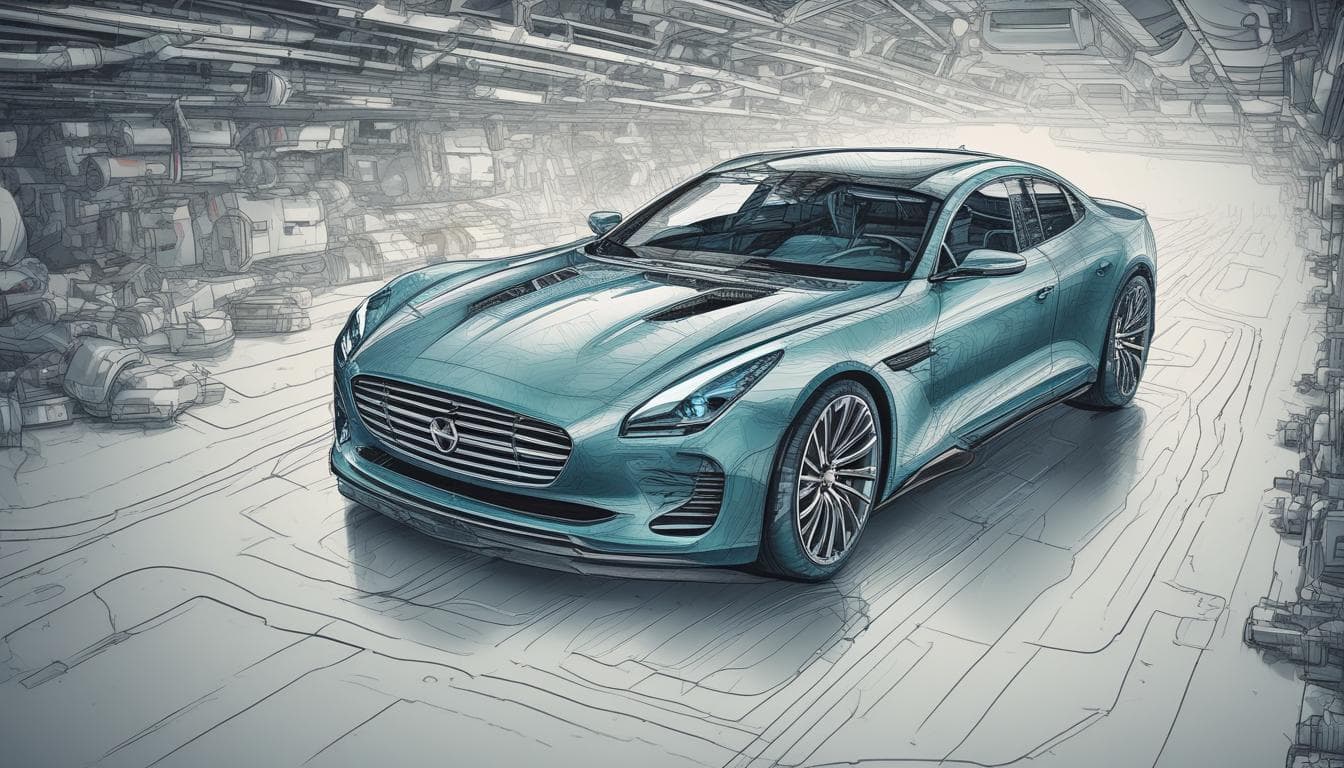With the increasing integration of AI in vehicles, how do you envision the future of in-car emergency systems? Will AI be able to predict and prevent accidents, or even take control in critical situations to minimize harm? What ethical considerations arise with such advanced safety systems?
The future of in-car emergency systems integrated with AI presents a fascinating leap forward in automotive safety. AI's potential in predicting and preventing accidents is significant, primarily due to its ability to process vast amounts of data from the car's sensors, road conditions, traffic patterns, and driver behavior in real-time.
Predictive Capabilities
AI systems, through machine learning algorithms, can anticipate potential hazards by recognizing patterns and anomalies that human drivers may not perceive timely. For example, if the AI detects a sudden change in tire pressure or identifies erratic movement from nearby vehicles, it can alert the driver or initiate preemptive safety measures.
Preventive Interventions
Beyond prediction, AI can also play a role in preventing accidents by activating automatic braking systems, adjusting speed, or altering steering to avoid collisions. These interventions could become more autonomous as technology advances, potentially reducing human error—a leading cause of accidents.
Ethical Considerations
There are indeed ethical considerations associated with AI-driven safety systems:
- Decision-making Dilemmas: A critical ethical question is how AI systems make decisions in unavoidable accident scenarios. Like the 'trolley problem,' AI must prioritize who to protect in critical situations, raising questions about programming biases and moral responsibility.
- Data Privacy: With AI systems collecting and processing large amounts of data, ensuring user privacy and data security is paramount.
- System Reliability: Dependence on AI for safety also means addressing errors or malfunctions in systems. Implementing rigorous testing and establishing fail-safes are essential to build public trust.
Conclusion
As AI continues to evolve, its role in enhancing vehicle safety is bound to expand. Stakeholders, including manufacturers, regulators, and ethicists, must collaborate to navigate the challenges and maximize the benefits for a safer driving future. It's an exciting and critical development, sure to inspire further innovation in autonomous vehicle technology.
Изучите больше по этой теме
Присоединяйтесь к разговору
- AI в автомобиле: забота или манипуляция?
Где проходит тонкая грань между заботой и манипуляцией, когда AI в автомобиле начинает влиять на ваши решения? Обсуждаем этические вопросы и сохранение свободы выбора водителя в эпоху умных технологий.
- Оживляем историю: Как AI и цифровые технологии сохранят воспоминания старых автомобилей?
Погрузитесь в дискуссию о том, как старые автомобили, такие как «Москвич» и «Волга», являются живыми свидетелями истории. Узнайте, как современные технологии, включая искусственный интеллект и цифровую память, могут «оживить» их путешествия и воспоминания, превращая каждую поездку в ценный исторический нарратив для будущих поколений. Присоединяйтесь к обсуждению сохранения автомобильного наследия.
- Этика ИИ в автомобилях: как сохранить свободу выбора водителя?
Обсуждение этических дилемм, возникающих при использовании ИИ в автомобилях. Как гарантировать свободу выбора водителя, когда ИИ начинает влиять на его решения, связанные с маршрутом, музыкой и местом назначения?





